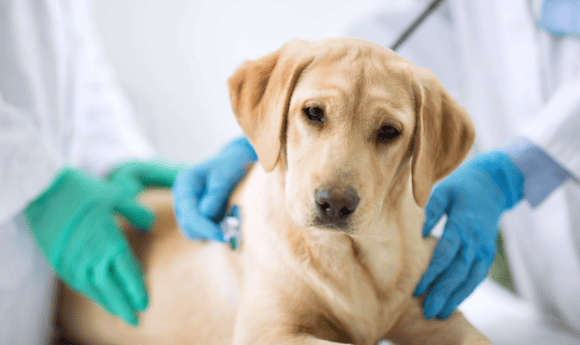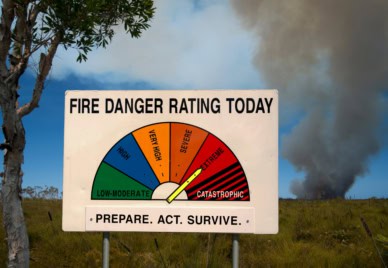
The Challenge
The Veterinary and Animal Research Data Commons (VARDC) project builds on the success of VetCompass Australia. It is a collaboration between all seven Australian vet schools, which collates electronic patient records from veterinary practices nationally and aggregates clinical data for researchers to interrogate.
The Response
The VARDC project has created a platform as a single point of access to multiple, related systems and data types.
It is collaborating with Australia’s 3 leading veterinary pathology providers to ingest pathology reports, linking them to the clinical histories of individual animals in the VetCompass Australia database. It is integrating with the Australian Imaging Service (AIS) to host images alongside clinical data.
VARDC contains a virtual lab that guides researchers in how to design studies with optimised data access and cleaning. Its central goal is to generate reproducible epidemiological evidence data that is comparable across veterinary populations nationally and internationally.
The Outcomes
Explore the Veterinary and Animal Research Data Commons (VARDC).
The VARDC platform has delivered a framework that shows researchers how to design sample-based and big-data studies and provide optimised access to the data.
For the first time, pathology providers and clinical researchers will have a comprehensive data set that includes full clinical histories to assist in assessing survival data and treatment interventions.
More accurate research outcomes will improve diagnostic efficiency (which has economic and social benefits for owners) and health outcomes for pets.
Who Will Benefit
Veterinary researchers, lecturers and students, and industry professionals, will benefit from the project‘s core features.
- Linked historical clinical records and pathology data from a broad cross-section of the companion animal population will provide a world-first opportunity to understand pathological processes across a highly representative animal population, bringing the many benefits of a big-data approach, whilst maintaining a highly detailed view of the individual patients.
- Machine learning and natural language processing to improve and accelerate the searching capabilities of the clinical and pathology data.
- A national ‘one-stop’ virtual laboratory offering data analysis pipelines for clinical epidemiological enquiry to researchers.
As there are fewer privacy concerns for animals than for humans, VARDC also has the capacity for development of geospatial disease surveillance and text mining projects that boost human health outcomes.
The Partners
- The University of Sydney
- The University of Melbourne
- The University of Queensland
- The University of Adelaide
- Charles Sturt University
- Murdoch University
- James Cook University
Contact the ARDC
Timeframe
Current Phase
ARDC Co-investment
Project lead
Categories
Research Topic
Related Case Studies






